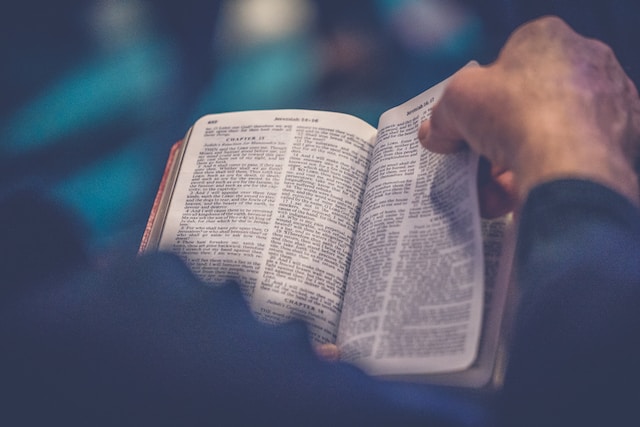Introduction
The intersection of religion and public education has been a topic of debate and contention for decades. On one side, there is the argument that religion should have no place in public schools, maintaining the principle of separation between church and state. On the other side, proponents contend that religion can have a valuable place in public education, offering moral and cultural perspectives. In this blog post, we will explore both perspectives and provide a balanced view of the role of religion in public schools.
The Case Against Religion in Public Schools
1. Constitutional Separation: Critics argue that the First Amendment of the U.S. Constitution mandates the separation of church and state, which includes public schools. Teaching or promoting religious beliefs in public schools may violate this principle.
2. Diverse Student Body: Public schools often serve a diverse population with students from various religious backgrounds, as well as non-religious or atheistic beliefs. Critics contend that promoting one religion may alienate or marginalize students of other faiths or those who do not adhere to any religion.
3. Legal Challenges: The introduction of religious practices or education in public schools can lead to legal challenges and disputes. Ensuring religious neutrality in public education can reduce the risk of costly litigation.
4. Curriculum Focus: Critics argue that introducing religious content could divert attention from core subjects and academic excellence, potentially diminishing the quality of education.
The Case for Religion in Public Schools
1. Religious Literacy: Proponents argue that an understanding of various religions is vital in a multicultural and globalized world. Including religious education can promote tolerance, diversity, and religious literacy among students.
2. Cultural and Historical Significance: Religion has played a profound role in shaping history, art, literature, and culture. Proponents contend that it is essential for students to have a basic knowledge of religious traditions to understand human civilization fully.
3. Moral and Ethical Values: Some argue that religious teachings can provide valuable moral and ethical guidance, offering a foundation for character development and ethical decision-making.
4. Freedom of Expression: Advocates maintain that students have the right to express their religious beliefs within the bounds of school policies, such as prayer or religious clubs, fostering a spirit of inclusion and respect for diverse viewpoints.
Conclusion
The debate over the role of religion in public schools is complex, with constitutional, cultural, and educational implications. While some emphasize the importance of maintaining strict separation between religion and public education, others argue for religious literacy, cultural context, and moral guidance provided by religious teachings.
A balanced perspective recognizes the potential benefits of understanding religious diversity while upholding the constitutional principle of religious neutrality in public schools. The key is to ensure that any discussion of religion in public education respects the diverse beliefs and values of students while adhering to the principles of equality and religious freedom.



